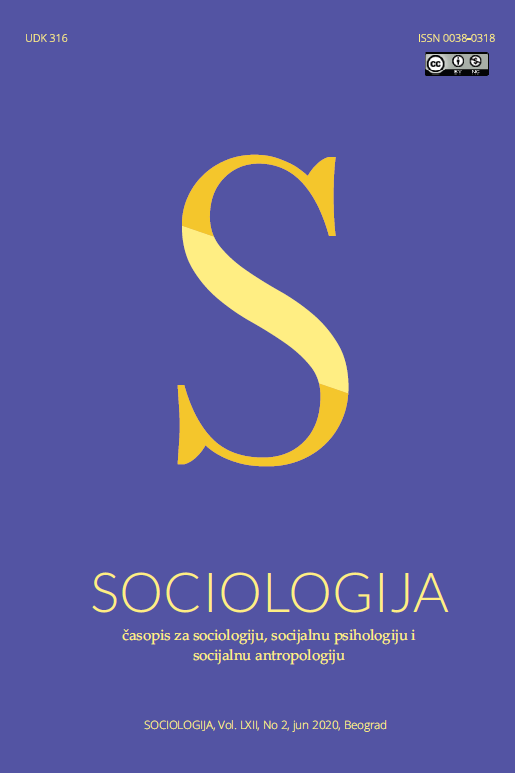Idući između dve paradigme – sociokulturalni
pristup u izučavanju teorija zavere
Moving between two paradigms – Sociocultural
approach to research of conspiracy theories
Author(s): Petar LukićSubject(s): Social Sciences, Psychology, Sociology
Published by: Sociološko naučno društvo Srbije
Keywords: Conspiracy theories; Positivistic perspective; Cultural perspective; Sociocultural theory
Summary/Abstract: Social sciences and humanistic disciplines that showed an interestin conspiracy theories are dominantly relying on either a cultural perspective(e.g. history, anthropology, ethnology, sociology, cultural studies, literature, etc.) or a positivistic perspective (psychology and political science). Between these twoperspectives lays a gap in the way the nature of the phenomenon is understood, aswell as its manifestation, the methodology used and how they interpret results andtheir implications. In this paper we are aiming to show that this topic is in its corea sociocultural question and that the perspective of sociocultural theory representsa way to bridge the aforementioned gap by using features of both approaches. Ifthe cultural approach sees conspiracy theories as a product of a culture, and thepositivistic approach as a question of the individual, then through a socioculturalperspective we are looking at how an individual actively acts in a society whichdeveloped the discourse of conspiracy theories through time. By adopting this view,we can study how individuals purposefully participate in contextually situated(co-)construction and transformation of meanings, discourse and conspiratorialnarratives, as well as how they utilize conspiracy theories and other artifacts.
Journal: Sociologija
- Issue Year: 62/2020
- Issue No: 2
- Page Range: 193-216
- Page Count: 24
- Language: Serbian

